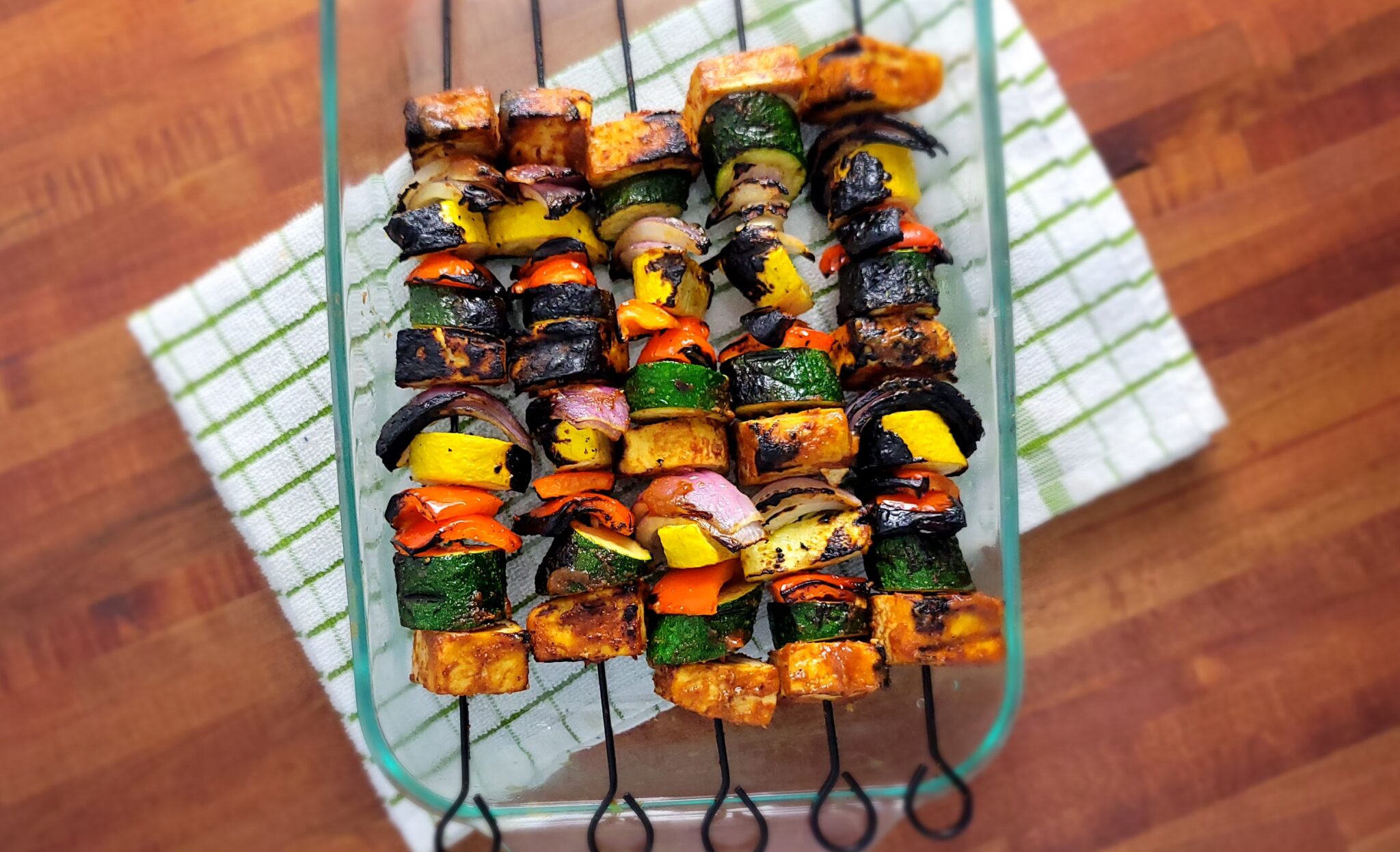A kidney-friendly diet aims to prevent less stress on your kidneys and delay disease progression. The diet limits certain nutrients that can build up in the body because your kidneys do not work as well. In this article we will give you an overview of what nutrients and foods to be aware of to support kidney function and improve your overall health. Keep reading to learn practical tips and explore a sample meal plan to inspire you to improve your kidney health.
What is a Kidney Friendly Diet
Choosing the right foods can help you maintain or slow your current kidney function over time. [1,2] As your kidney function decreases, your diet may be more limited. Below are the nutrients that are generally reduced depending on your stage of kidney disease.
Stages 1-3
- Sodium: Reducing sodium helps to maintain healthy blood pressure and overall heart health. [1] Eating out less and choosing low sodium packaged goods are good ways to avoid large amounts of sodium in our diet.
- Protein: The kidneys help process protein in your body, and eating more protein than you need can stress the kidneys. [1] Limiting portion sizes or frequency of meat can help meet your nutrition needs without putting too much stress on your kidneys.
Stages 4-5
- Potassium: Healthy kidneys help filter out extra potassium that can accumulate as your kidneys work less efficiently. High potassium levels can seriously affect your nerves, muscles, and heart. [1] Understanding if and when you should limit potassium can help.
- Phosphorus: The kidneys play an essential role in managing phosphorus levels in the body. As kidney health decreases, phosphorus can build up in the body, affecting bones, joints, and blood vessels. [1] Phosphorus additives in the foods we buy are the highest source of absorbable phosphorus.
Your doctor or dietitian can help you understand your personalized recommendations based on your lab results and medical history.
Tips for Following a Kidney-Friendly Diet
Making diet changes can seem overwhelming. Practice making one change at a time until you feel comfortable with your new eating patterns. Eating healthier is an ongoing practice so try to make changes that work best for you.
- Watch your portions: The kidney diet is all about how much sodium, protein and other nutrients are in the portion of food you are eating. Take some time to learn healthy portions of your favorite foods.
- Reduce your sodium intake: Experiment with using herbs and spices to season foods.
- Reduce packaged foods and eating out: Foods from restaurants can are often high in sodium as well as packaged foods can be high in phosphorus.
- Choose whole grains more often: Whole grains are packed with nutrients to keep your kidneys healthy and are okay to enjoy on a kidney diet.
Kidney-Friendly Diet Plan
Here is a sample one-day meal plan for a kidney-friendly diet. This meal plan is general and limits protein and sodium. As mentioned above, you may need to limit potassium and phosphorus if your doctor or dietitian directs them. Portions sizes and nutrient recommendations are based on individual needs. Remember also to drink plenty of fluids to maintain good hydration.
Breakfast
- Southwestern Tofu Scramble with Toast and apple slices
Lunch
- Bean Fajitas with Corn Tortillas
Snack
- Small Apple and a handful of Nuts
Dinner
Dessert
Conclusion
The goal of following a kidney-friendly diet is to delay the progression of the disease. In the early stages of kidney disease, sodium and protein are limited. In the later stages, potassium and phosphorus might also need to be limited. There are many foods that can be part of a kidney diet when being mindful of portions sizes. Talking to a dietitian can help you learn how much of each nutrient you can eat daily for good kidney health. Check out our Dietitian Directory to find a dietitian that meets your needs.
References
- U.S. Department of Health and Human Services. (n.d.). Eating right for chronic kidney disease – niddk. National Institute of Diabetes and Digestive and Kidney Diseases. https://www.niddk.nih.gov/health-information/kidney-disease/chronic-kidney-disease-ckd/eating-nutrition
- U.S. Department of Health and Human Services. (n.d.). Diet & Nutrition for adults with advanced chronic kidney disease – NIDDK. National Institute of Diabetes and Digestive and Kidney Diseases. https://www.niddk.nih.gov/health-information/kidney-disease/chronic-kidney-disease-ckd/eating-nutrition/nutrition-advanced-chronic-kidney-disease-adults

